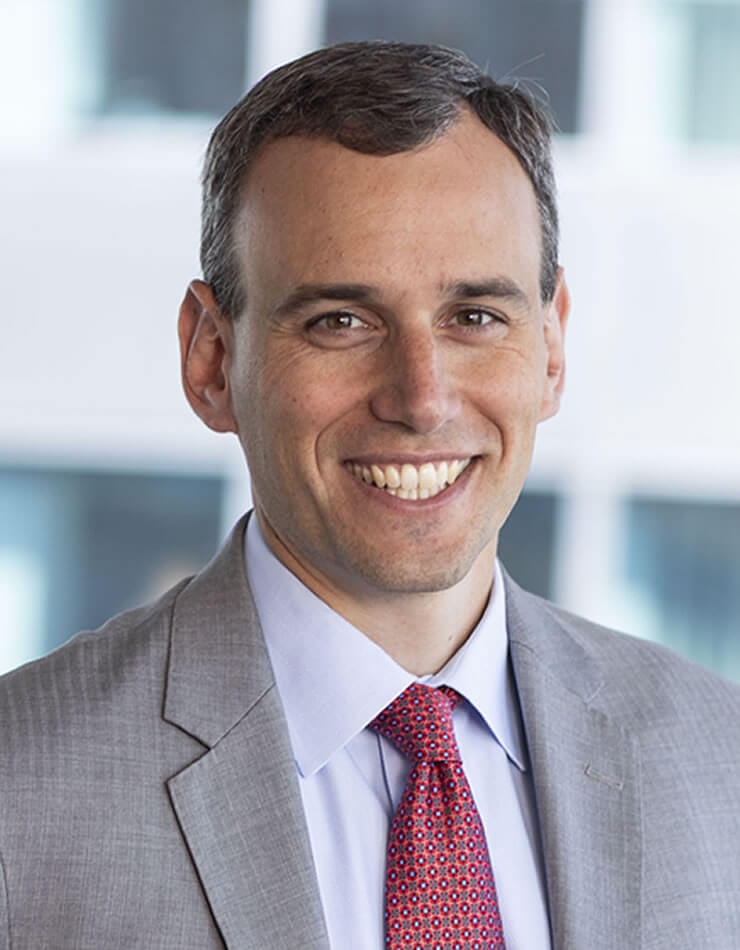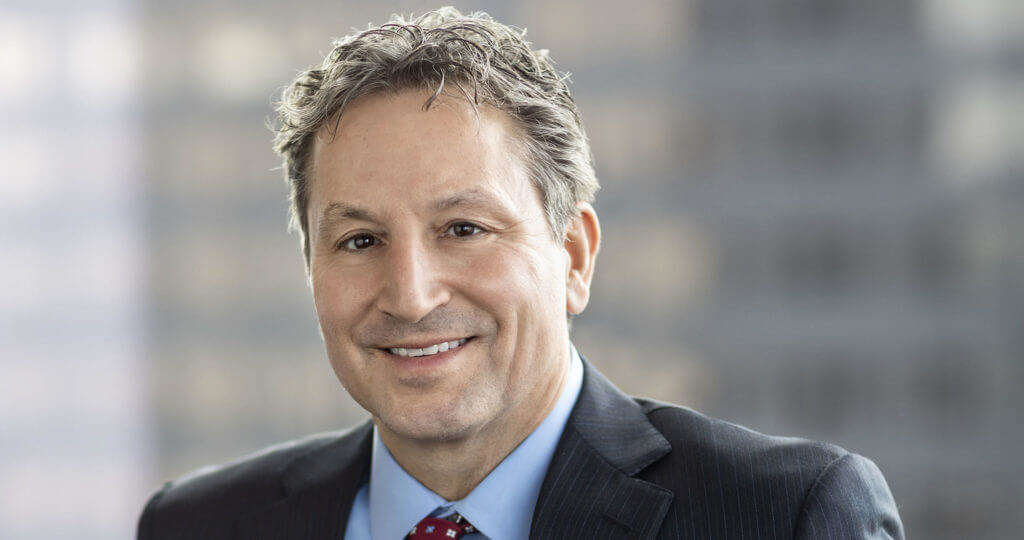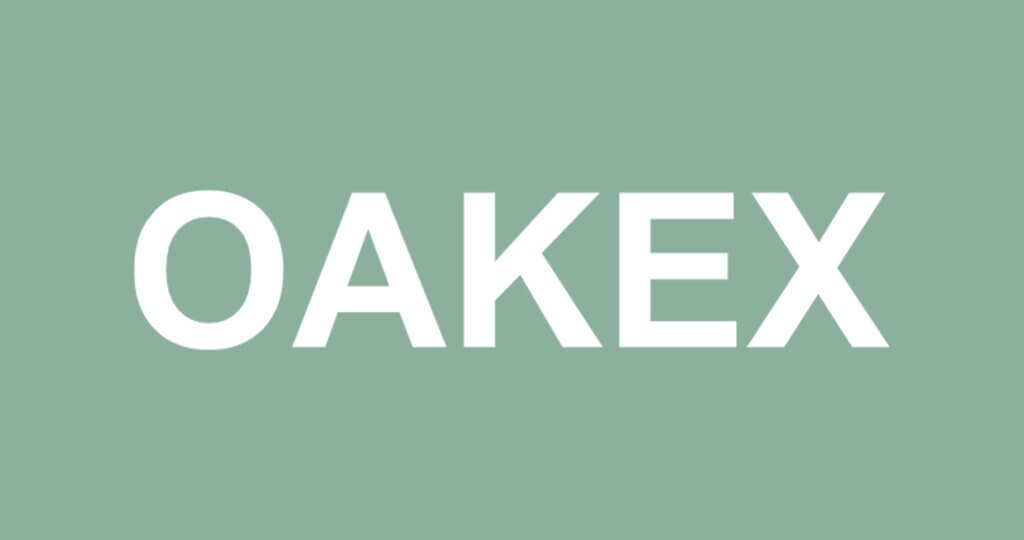Oakmark International Small Cap Fund – Investor Class
Average Annual Total Returns 03/31/18
Since Inception 11/01/95 9.62%
10-year 6.22%
5-year 7.74%
1-year 11.15%
3-month -3.38%
Net and Gross Expense Ratios as of 09/30/17 were 1.36%
Past performance is no guarantee of future results. The performance data quoted represents past performance. Current performance may be lower or higher than the performance data quoted. The investment return and principal value vary so that an investor’s shares when redeemed may be worth more or less than the original cost. The performance of the Fund does not reflect the 2% redemption fee imposed on shares redeemed within 90 days of purchase. To obtain the most recent month-end performance data, view it here.
The Oakmark International Small Cap Fund declined 3.4% for the quarter ended March 31, 2018, underperforming the MSCI World ex U.S. Small Cap Index, which declined 0.5% for the same period. Since the Fund’s inception in November 1995, it has returned an average of 9.6%, annualized.
The largest contributor to the Fund for the quarter was U.K.-based PageGroup, a provider of permanent, contract and temporary recruitment focused on the white-collar market. The company has significantly benefited from the strengthening global economy. In Page’s most recent quarter, it posted double-digit growth in gross profits in every region, except the U.K. Given the company’s significant exposure to the permanent placement market—a high-margin business—we believe that strong top-line trends will continue to grow Page’s profits in the coming years. Although we modestly reduced our weighting in Page during the quarter due to the share price appreciation, it still remains a significant holding of the Fund.
The largest detractor from performance for the quarter was Element Fleet Management. Based in Canada, Element offers acquisition, servicing and financing services for vehicles spanning from cars and trucks to municipal and industrial fleets. Element serves customers in the U.S. and Canada, including companies ranging from agriculture and manufacturing to pharmaceutical and health care.
Many factors hurt Element’s stock performance during the quarter. First, in early February, Element announced the completion of its strategic review and informed the market it was no longer looking to sell the company. The same release also stated that 2018 fleet operating income would decline by 3-5%, due to increased customer attrition, and that CEO Bradley Nullmeyer would be retiring from his management position, including his seat on the board. The first two items were clearly negative and investors reacted accordingly. We view the CEO change as a positive step, however, given that the legacy management bungled the GE integration having not achieved the expected level of synergies, which resulted in customer attrition. In addition, management lost focus on the core fleet management business to pursue growth in less value-added areas. COO Dan Jauernig was announced as an interim CEO and the board is expected to announce a permanent CEO when its search concludes in the next few months. We spoke with Board Chairman Brian Tobin post the February announcement (and again in March) and continue to support his efforts to refocus on the core fleet management operations, improve the management team and increase the number of independent board members.
To our surprise, further bad news surfaced in mid-March when Element reported its fiscal-year results. Although the company’s core operations performed in-line with our estimates, losses from 19th Capital, a non-core joint venture that involves leasing highway tractors and trucks in the U.S., resulted in higher than expected debt levels. Moreover, insufficient disclosure surrounding the 19th Capital joint venture has resulted in increased uncertainty about the value of these assets. We agree with the view that these non-core losses have stretched Element’s balance sheet, but we believe the company can still pursue several options that would improve its capital position. Moreover, Element’s non-core segments account for only 6% of its assets and the problematic 19th Capital joint venture accounts for less than 5%. Because these non-core businesses are such a small part of Element’s operation, we believe that the company can contain the damages to its balance sheet.
Although Element has so far been a frustrating investment, the company still possesses a strong competitive position and has the dominant fleet management platform in North America. Element’s scale advantage should enable it to provide an unsurpassed value proposition to its clients and a new management team and enhanced board oversight should lead to better execution. Although there remains uncertainty about the value of non-core joint venture assets and the company’s balance sheet is more leveraged than we would like, we believe Element’s extremely discounted valuation adequately compensates us for these risks.
We initiated positions in two new holdings this quarter: Babcock International Group and Dignity, both of which are headquartered in the U.K. Babcock International provides engineering services for a range of government bodies and private sector customers in the U.K. and across the globe. The company manages, maintains, upgrades and operates complex infrastructure and essential equipment. These services tend to be highly technical and complex and are geared toward customers who require a high level of security clearances. The other new holding, Dignity, is the leading provider of funeral services and pre-paid funeral plans in the U.K. The company operates nearly 800 funeral homes and holds over 10% share of the market in the U.K. We eliminated positions in Bucher Industries (Switzerland), Finning International (Canada), Melco International Development (Hong Kong), OTSUKA CORP (Japan) and Wirecard (Germany) during the quarter.
Geographically, we ended the quarter with 17% of our holdings in Asia, 66% in Europe and the U.K., and 10% in Australasia. The remaining positions are 3% in North America (Canada and the U.S.) and 4% in Latin America (Mexico and Brazil).
We continue to believe the Swiss franc and Norwegian krone are overvalued versus the U.S. dollar. As a result, we defensively hedged 20% of the Fund’s Swiss franc exposure and increased the Fund’s krone exposure hedged to 25%.
Thank you for your continued confidence and support.
The securities mentioned above comprise the following percentages of the Oakmark International Small Cap Fund’s total net assets as of 03/31/18: PageGroup plc 2.2%, Element Fleet Management Corp. 2.1%, General Electric Co. 0%, Babcock International Group PLC 1.6%, Dignity PLC 1.0%, Bucher Industries AG 0%, Finning International Inc. 0%, Melco International Development Ltd. 0%, OTSUKA CORP. 0% and Wirecard AG 0%. Portfolio holdings are subject to change without notice and are not intended as recommendations of individual stocks.
The MSCI World ex USA Small Cap Index (Net) is designed to measure performance of small-cap stocks across 22 of 23 Developed Markets (excluding the United States). The index covers approximately 14% of the free float-adjusted market capitalization in each country. This benchmark calculates reinvested dividends net of withholding taxes. This index is unmanaged and investors cannot invest directly in this index.
The stocks of smaller companies often involve more risk than the stocks of larger companies. Stocks of small companies tend to be more volatile and have a smaller public market than stocks of larger companies. Small companies may have a shorter history of operations than larger companies, may not have as great an ability to raise additional capital and may have a less diversified product line, making them more susceptible to market pressure.
The percentages of hedge exposure for each foreign currency are calculated by dividing the market value of all same-currency forward contracts by the market value of the underlying equity exposure to that currency.
Investing in foreign securities presents risks that in some ways may be greater than U.S. investments. Those risks include: currency fluctuation; different regulation, accounting standards, trading practices and levels of available information; generally higher transaction costs; and political risks.
The discussion of the Fund’s investments and investment strategy (including current investment themes, the portfolio managers’ research and investment process, and portfolio characteristics) represents the Fund’s investments and the views of the portfolio managers and Harris Associates L.P., the Fund’s investment adviser, at the time of this letter, and are subject to change without notice.
All information provided is as of 03/31/18 unless otherwise specified.








